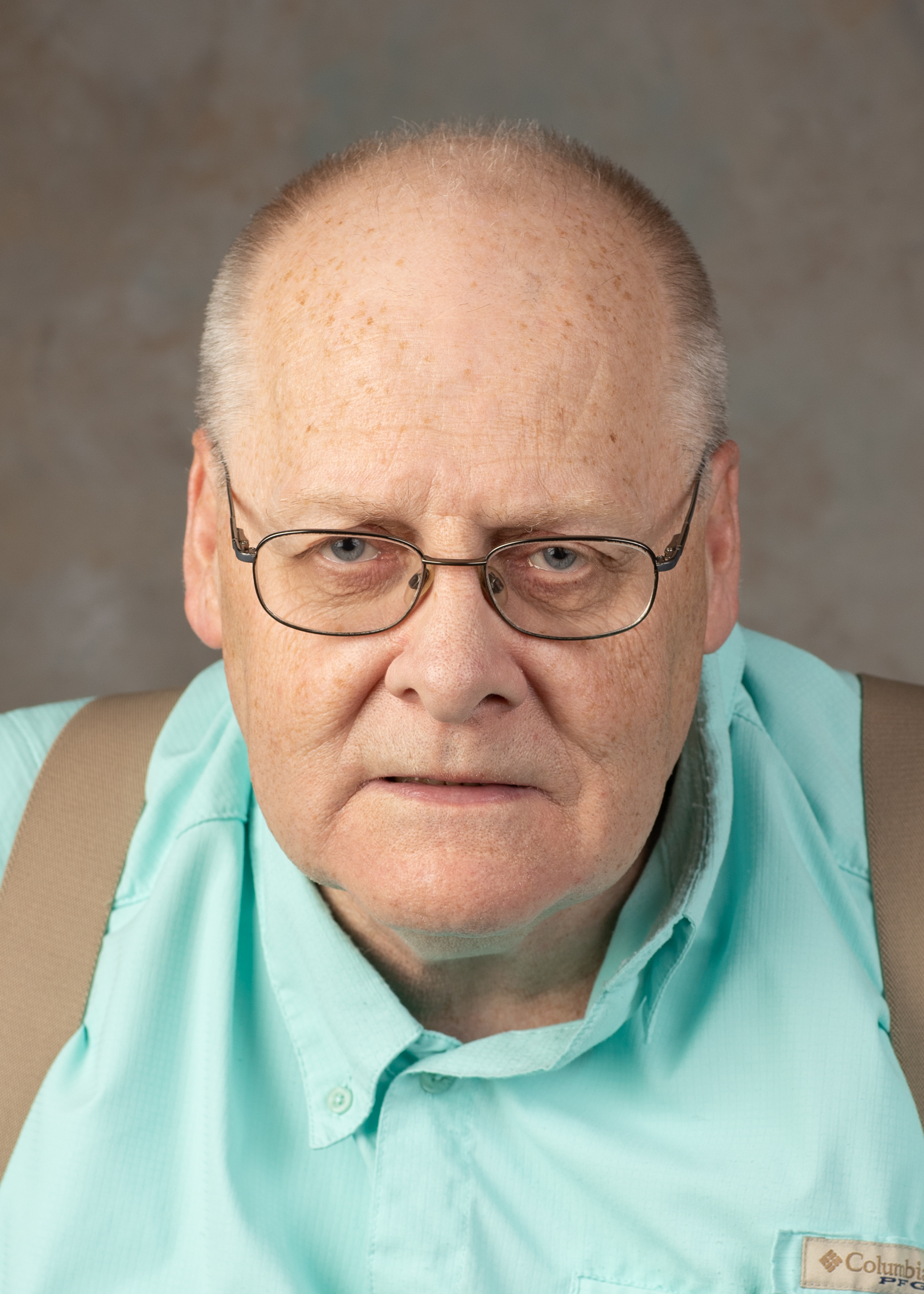By Greg Markley
It has been 50 years since a 14-year-old boy, helping his father create lyrics to describe the surrealism and cruelness of war, created the theme for the 1970 movie “MASH” and iconic TV show. Refrain: “Suicide is painless, It brings on many changes, And I can take or leave it if I please.” This was satire: All who lost a relative, friend or co-worker through suicide know it is NOT painless. USA Today reported that the suicide rate among military troops increased to its highest level since 2014, based on Pentagon reports. The rate of suicide among active-duty troops was 25.8 per 100,g000 people in 2018. Five years ago, the rate among troops was 1/4 less, at 18.5 per 100,000 service members. The military suicide rate compares with 18.2 people per 100,000 for all Americans aged 17-59. Department of Defense officials insist that, adjusting for age and gender, the military’s rate is basically the same as American society as a whole. The increase was propelled by a 25% increase in such deaths in the Army and a 15% increase in suicides in the Marine Corps. In April 1993, one of my ex-soldiers faced his personal challenges onc more, alone, but this time, he could not be saved. He shot himself to death in his room at the Las Vegas Hilton at age 42. Jim’s death was apparently caused by deep-seated emotional problems and by loneliness, which is all-too common. In a 2013 study of suicides in the Army National Guard over a four-year period, the highest rate of suicides for a demographic group was a rate of 16 suicides out of 100,000. They were ARNG soldiers with an “alternative high-school education (non-diploma).” Soldiers in this category had non-traditional high school credentials, such as a home study diploma, a test-based equivalency diploma or an occupational program certificate. I am frustrated that not enough study is being done to address indications that fear of missing out on college contributes to a person’s suicide. More common factors such as age, gender, ethnicity and race are in the mix. Yet, a good number of first-or second-time enlistees would seemingly prefer a root canal than learn about square roots, notably if they hated high school or failed at college before. Below are four ways to cut suicides tied to lack of confidence in one’s potential: First, connect students with people they will take one or two courses with. This may lead to encouragement for these students, and maybe even friendship. Sponsorship programs in the Army for new soldiers stationed abroad and their families have worked well for soldiers. Create a plan for education, sort of like the orientation programs at Auburn University and Southern Union, but smaller. Second, ensure that a scared new student gets a subject they like, such as history or science, as his or her first college class. When teaching at colleges, I tell intimidated students: “Hey, you only have to pass this one course, then you will know you can indeed make it in college. Then, you are on your way!” Third, professors and administrators are advised to promote the value of a college degree to a troubled student with low confidence, or a poor high school record, as a preferred path, but not a necessary one. The student is far less likely to attempt suicide when he realizes a person can have a good job and live well even though one doesn’t have a college degree. It is better that he lives for another day then kills himself because of a perceived label of “not college material.” Fourth, and finally, although I support more personal space for military members, adjustments must be made to soldiers to leave their private or semi-private dorm rooms. Instead of big bashes half way across base that people can easily skip, why not organize parties for one building at a time? All residents need to do is wear casual clothes and flip-flops and walk 30 feet to have fun and end their isolation. So MASH’s theme song “Suicide Is Painless,” is false: Not only will a life be disastrously taken, but people who knew the deceased will also feel guilty. I recall taking my late subordinate out for dinner on his 40th birthday after finding him alone in his barracks room. And I soon got him promoted to staff sergeant.
Maybe I should have called him in South Korea? How about send him a Christmas card at the Presidio of Monterey? Might that have prevented his early demise in Las Vegas? After 20-plus years, I don’t dwell on it. Still, if you see someone acting suicidal, offer him this number: 1-8 00-273-TALK (8255), for the National Suicide Prevention Hotline. “No one is useless in this world who lightens the burdens of another” wrote English writer Charles Dickens.
Greg Markley has lived in Lee County for 18 of the past 23 years. An award-winning journalist, he has master’s degrees in education and history. He has taught as an adjunct in Georgia and Alabama.

